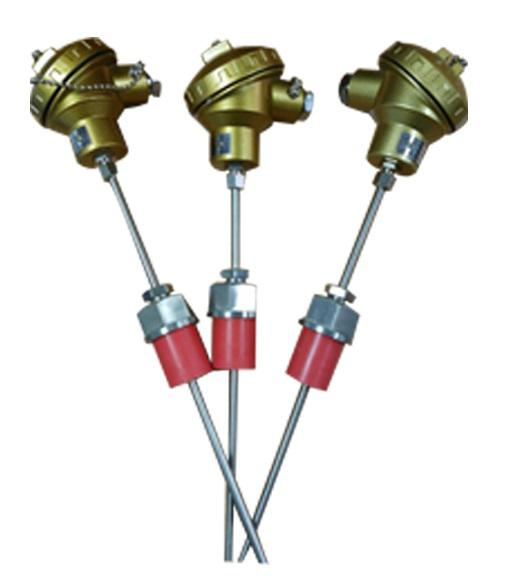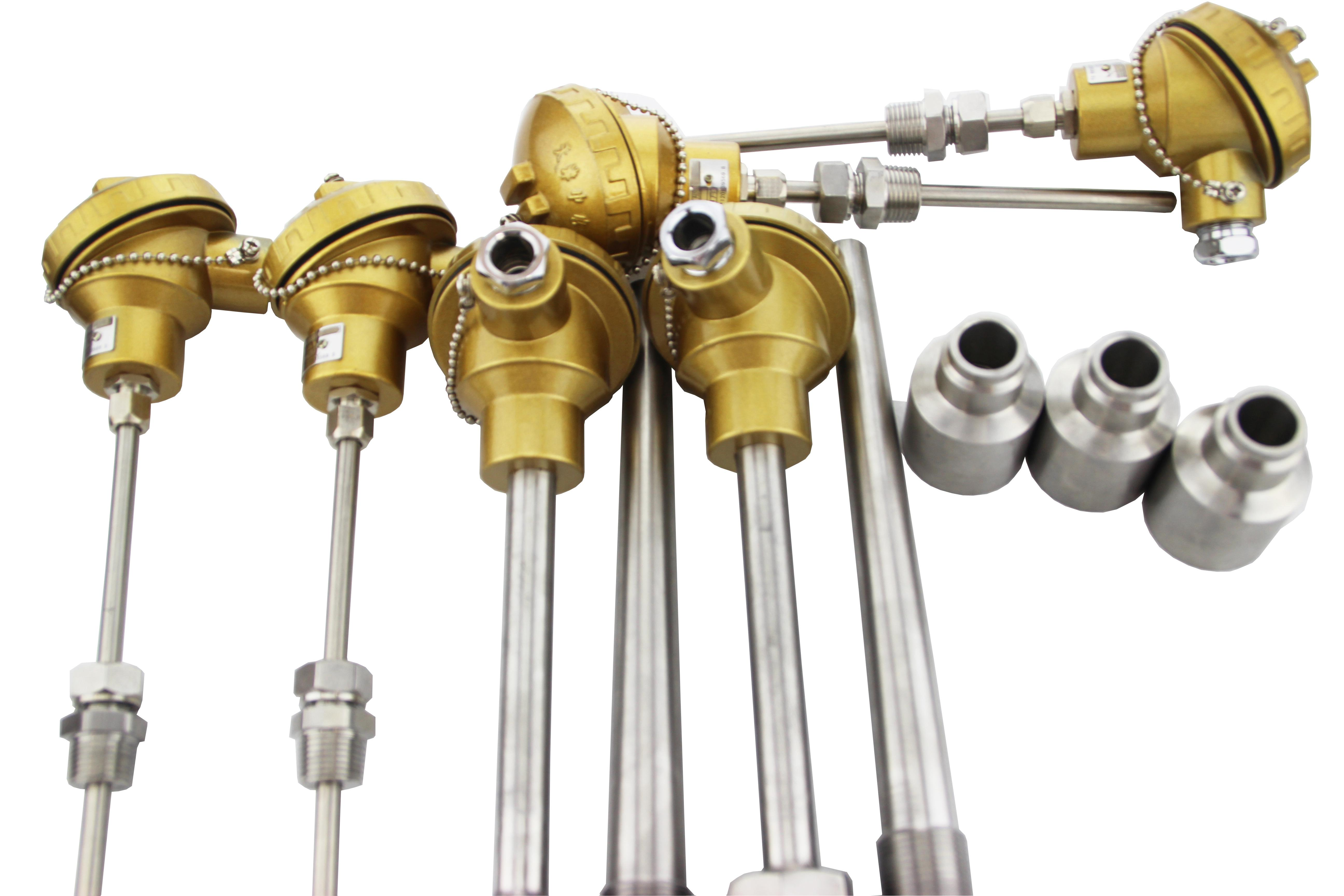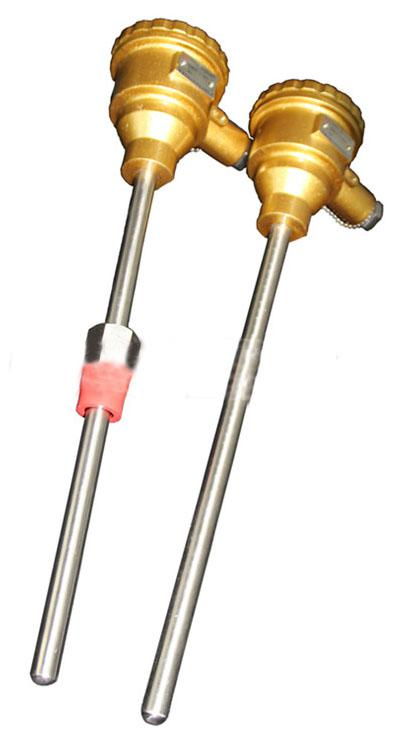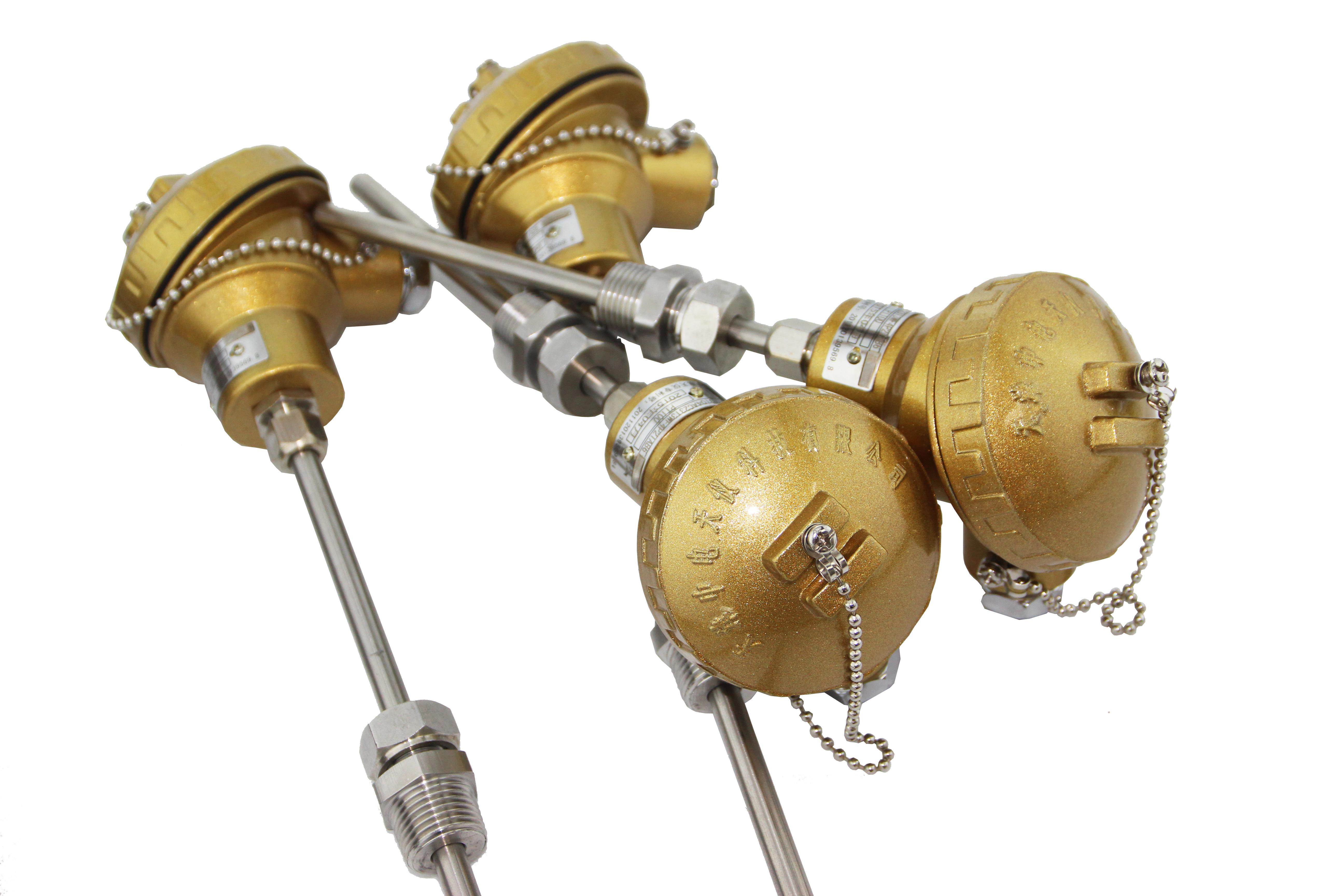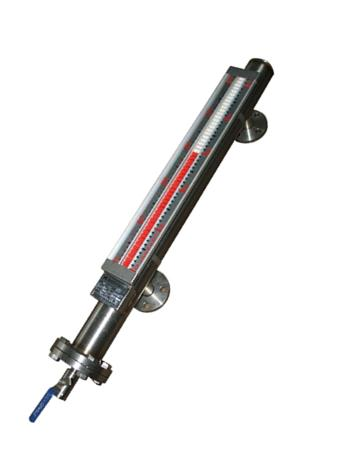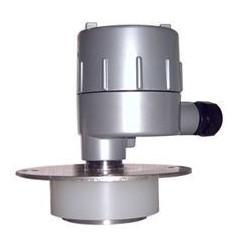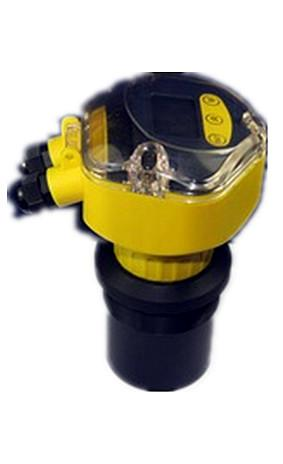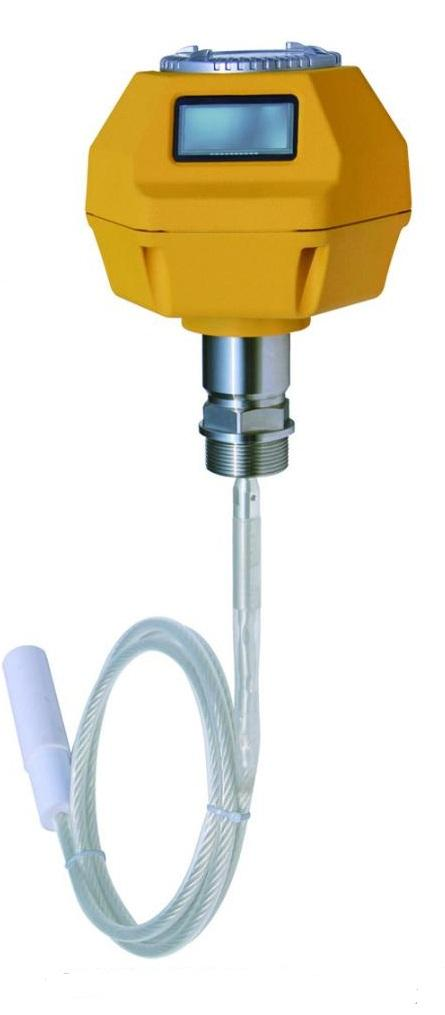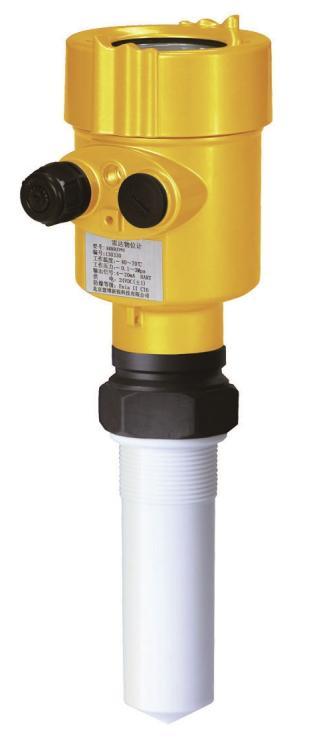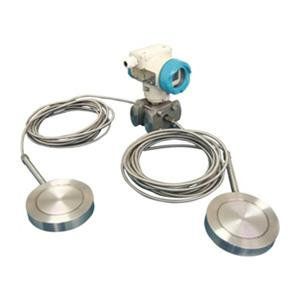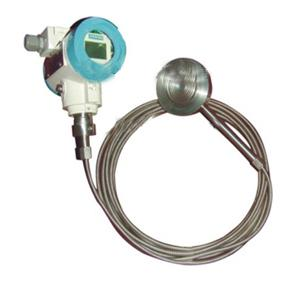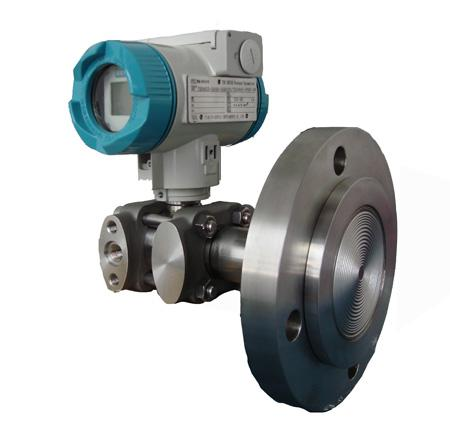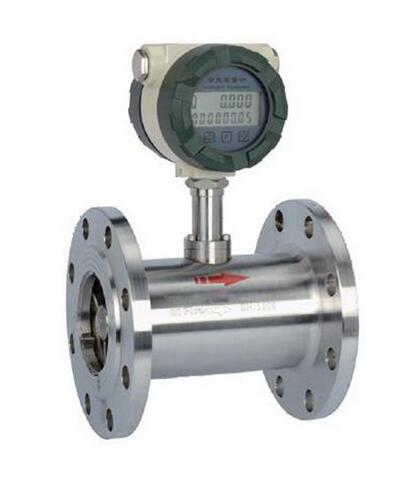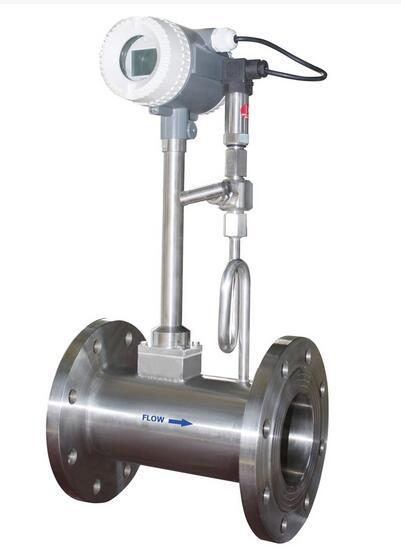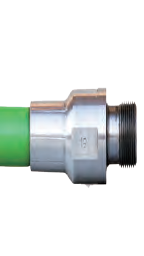Wedoany.com Report-Jan 9, Pioneer Energy announced its selection by the US Department of Energy (DOE) for four grants collectively valued at $27m. Three of these awards aim to develop the company’s Emission Control Treater (ECT), an innovative near-zero emissions technology for well pad production that enhances crude oil yield by 5–10%.
The ECT system processes crude oil within a closed-loop framework, eliminating routine flaring and the need for atmospheric storage tanks. This advanced system achieves superior separation compared to conventional phase separators, ensuring no flash gas remains in the crude and significantly reducing heavy natural gas liquids (NGLs) in the gas.
The technology also incorporates cloud-connected automation, enabling remote monitoring and control from a centralised dashboard. This feature minimises manpower requirements, field trips, and maintenance costs. Additionally, the modular design of the ECT allows for efficient scalability throughout the well pad’s lifecycle, improving capital expenditure (CAPEX) utilisation and lowering total ownership costs over time.
The fourth grant, developed in partnership with Emvolon, focuses on a pioneering system to convert flare gas into methanol.
Each project involves extensive field demonstrations of the equipment on operational oil producer well pads. Independent evaluations of the emissions reductions, including flaring and methane levels, will be conducted by the Colorado School of Mines and Montrose Environmental Group.
The projects are:
1. Commercial Scale Turnkey Near Zero Emissions and Zero Flaring Oil Production Facility
This $10m grant, awarded by the DOE’s Office of Fossil Energy and Carbon Management (FECM), will fund the scaling of the ECT system to a commercial capacity of 2,500 barrels per day (BPD). The system will undergo six-month field trials with Bayswater Exploration & Production and Prairie Operating in Colorado. Field deployment is scheduled to commence in Q4 2025.
2. Zero-Emission Sweetening & Stabilisation Production Facilities for Sour Sites
A $6m award from the DOE and the US Environmental Protection Agency (EPA) will support the adaptation of the 2,500 BPD ECT for processing sour crude oil. This project, executed in partnership with Bayswater Exploration & Production, is expected to lower crude oil sulphur concentrations to parts-per-million levels while demonstrating significant emissions reductions.
3. Zero-Emission Drop-In Replacement Production Facilities for Marginal Conventional Wells
The third $5m award, also from the DOE and EPA, will finance the development of scaled-down, cost-effective ECT systems for marginal wells. These mini-ECT units will serve as drop-in replacements for existing surface infrastructure. Diversified Energy Company will host a 12-month demonstration in the Cotton Valley Basin in East Texas.
4. Methane Emission Mitigation through Onsite Methanol Synthesis
The final $6m grant, awarded in collaboration with the DOE and EPA, will facilitate the deployment of a gas-to-liquid technology invented by MIT to convert flare gas into methanol. This project will be executed in partnership with Emvolon, and demonstrated over 12 months in the Eagle Ford region of Texas.
Pioneer Energy CEO Eyal Aronoff said: “We are thrilled to receive the support of the Department of Energy to help us scale and commercialise our zero emissions technology. Deploying our Emission Control Treater (ECT) will result in a substantial increase in oil revenues.
“The new grants will help us demonstrate the wide applicability of the ECT including processing sour crude, and for low producing wells, while simultaneously eliminating or greatly reducing unwanted flaring.
“At Pioneer Energy we believe that energy security is an important aspect of the energy transition, and that through deployment of innovative technology it can be achieved with nearly zero production site emissions.”

